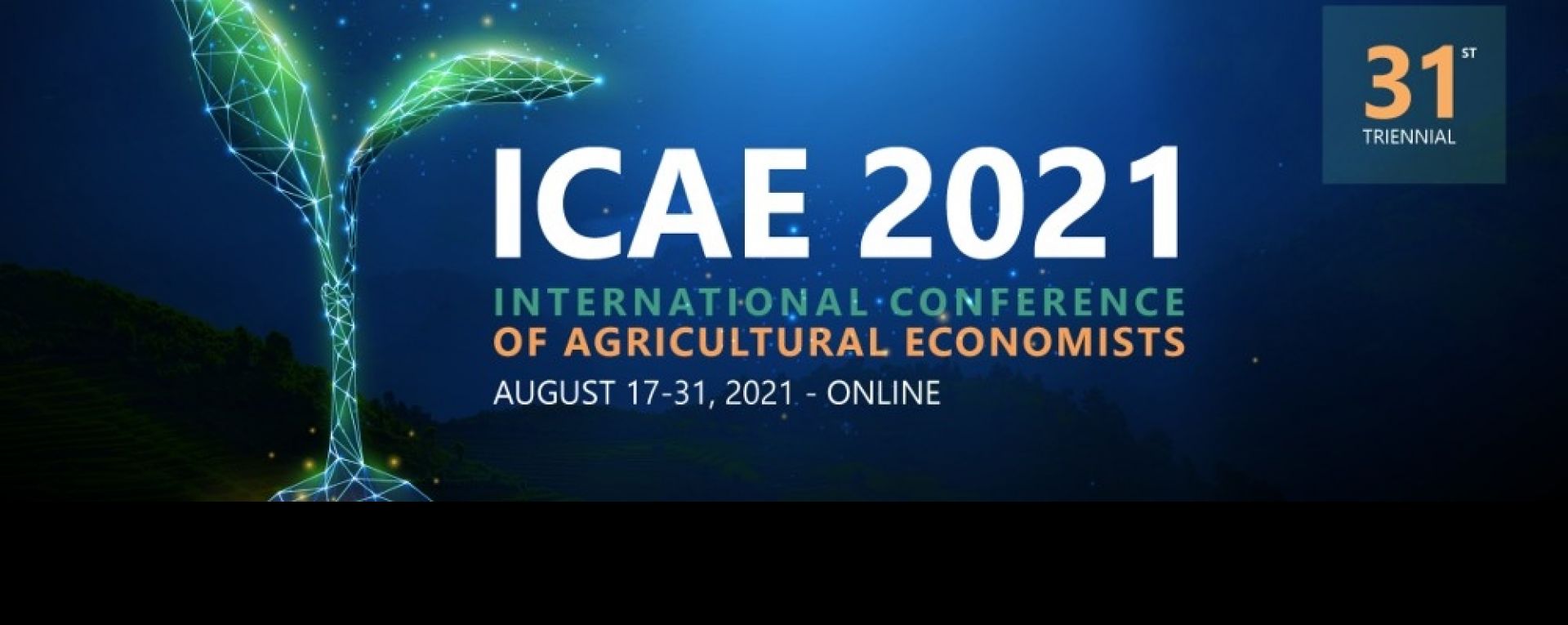50x2030 takes the stage at 31st International Conference of Agricultural Economists
Organized under the Methods & Tools component of 50x2030, the session explored how innovations in data collection allow for breaking new ground in the analysis of policy-relevant research questions that have been intractable due to data limitations. More specifically, it highlighted how (i) objective measures of soil quality can be used to determine the magnitude of forgone production due to cultivation on less-than-suitable land, (ii) the role of methodological research in measuring data on land tenure, particularly for measuring SDGs 1.4.2 and 5.a.1, (iii) the potential for combining traditional data collection with modelling approaches to generate quality information on on-farm losses, and (iv) a novel methodology combining a variety of data sources to forecast crop yields early in the agricultural season.
Chaired by Gero Carletto, Manager of the Data Production and Methods Unit at the World Bank, the event featured presentations by Talip Kilic, Senior Economist, Development Data Group, World Bank; Sydney Gourlay, Economist, Development Data Group, World Bank; Daniela Ruehl, Food Loss Expert, Food and Agriculture Organization of the United Nations; and Yannick Markhof, Consultant, Development Data Group, World Bank. Miet Maertens, 50x2030 Technical Advisory Group member and professor in Agricultural and Development Economics, University of Leuven in Belgium, served as discussant.
These presentations lead to a rich discussion on how investment in new data collection approaches can open new ground in economic analysis while informing policy relevant debates that foster inclusive agricultural productivity growth. Participants also emphasized the value of methodological research for agricultural data more broadly. This will in turn garner appreciation for the methodological work of the Initiative, resulting in improved national data through the scale-up of validated methods in 50x2030 data collection efforts.
